In another blow to African regional stability, Rwanda announced on Sunday its resignation from the Economic Community of Central African States (ECCAS). This comes amid a dispute with the Democratic Republic of Congo (DRC) over territorial issues as well as the ongoing conflict in eastern DRC. This shocking decision reveals just how divided the most important regional organization in Central Africa has become and gives the rest of the region the unenviable task of working to relieve the tensions.
What is ECCAS?
For decades, Central Africa has relied on ECCAS as well as the Economic and Monetary Community of Central Africa (CEMAC) to determine regional policy and practices.
ECCAS is the bigger group of the two. Its Constitutive Treaty was signed in Libreville, Gabon, on October 18, 1983 and currently includes Angola, Burundi, Cameroon, the Central African Republic, Congo, Gabon, Equatorial Guinea, the Democratic Republic of Congo, Rwanda, São Tomé and Príncipe, and Chad. The organization in 2020 signed a new treaty to increase the authority of the Commission and recommend new entities such as a community parliament and a central bank.
ECCAS is thus more than a financial institution. The organization encompasses political, security, financial, societal, cultural, and technological issues across the region. Its goals are far-reaching, including helping all its members become self-sufficient, raising the standard of living in Central Africa, and keeping economic and military stability. This has led to the organization creating systems such as the Central African Early-Warning System (MARAC) for preventing crises, the Defence and Security Commission (CDS) for coordinating military and security advice, and the Multinational Force of Central Africa (FOMAC) for peacekeeping operations.
CEMAC is a smaller group that is part of ECCAS and has existed since 1999, including Cameroon, the Central African Republic, the Congo, Gabon, Equatorial Guinea, and Chad. CEMAC is primarily an economic bloc that all operates under the same currency: the Central African franc.
In recent years, attempts have been made to merge ECCAS and CEMAC, for the purposes of inclusivity and efficiency, but problems of resources, politics, and instability in a region where more than 40% of the population is hungry in some areas have prevented this from coming to fruition.
A Struggle for Power
Rwanda's stunning decision to exit ECCAS on June 8, 2025, is the consequence of mounting tensions that have highlighted severe inadequacies in the regional bloc's ways of settling disagreements. The immediate cause was a disagreement about who should chair the ECCAS summit in Equatorial Guinea on June 7-8, 2025. According to the rules, Rwanda was scheduled to take over as the organization's rotating chair.
Instead of following the customary rotation, the member countries decided to keep Equatorial Guinea in control. They argued that the continuous bloodshed between Rwanda and the Democratic Republic of Congo was the basis for this strange breach from the organization's regulations. Kigali assumed it had legal rights within the framework of the bloc, but this verdict went against what Rwanda had hoped for.
Rwanda's foreign ministry sharply criticized the decision, saying it was an intentional violation of its rights and that the DRC was using the bloc to further its own agenda. The statement made it plain that what the bloc is doing right now "goes against its founding principles." This was about both the present discussion over leadership and Rwanda's "illegal exclusion" from the 22nd ECCAS meeting, which took place in Kinshasa in 2023 with the DRC as president.
What Now?
Rwanda's departure from ECCAS has profound implications that extend beyond the bilateral tensions between Kigali and Kinshasa. The verdict demonstrates that Central Africa's plan for regional integration has big problems and makes us wonder how well continental institutions can help member states work out their disputes.
The diplomatic fallout also makes it difficult to maintain working toward peace. African leaders are talking to people from the US and Qatar to try to negotiate a full accord between Rwanda and the DRC. The draft of a peace plan is supposed to be done by the end of June 2025. But Rwanda's decision to leave ECCAS means that there is one less location for talks and mediation to continue.
The bigger implications are the reliability of African institutions and their ability to deal with problems in the continent. Allowing political disagreements to take precedence over institutional standards might set a dangerous precedent for other regional organizations across the continent, putting the whole idea of African integration at risk.




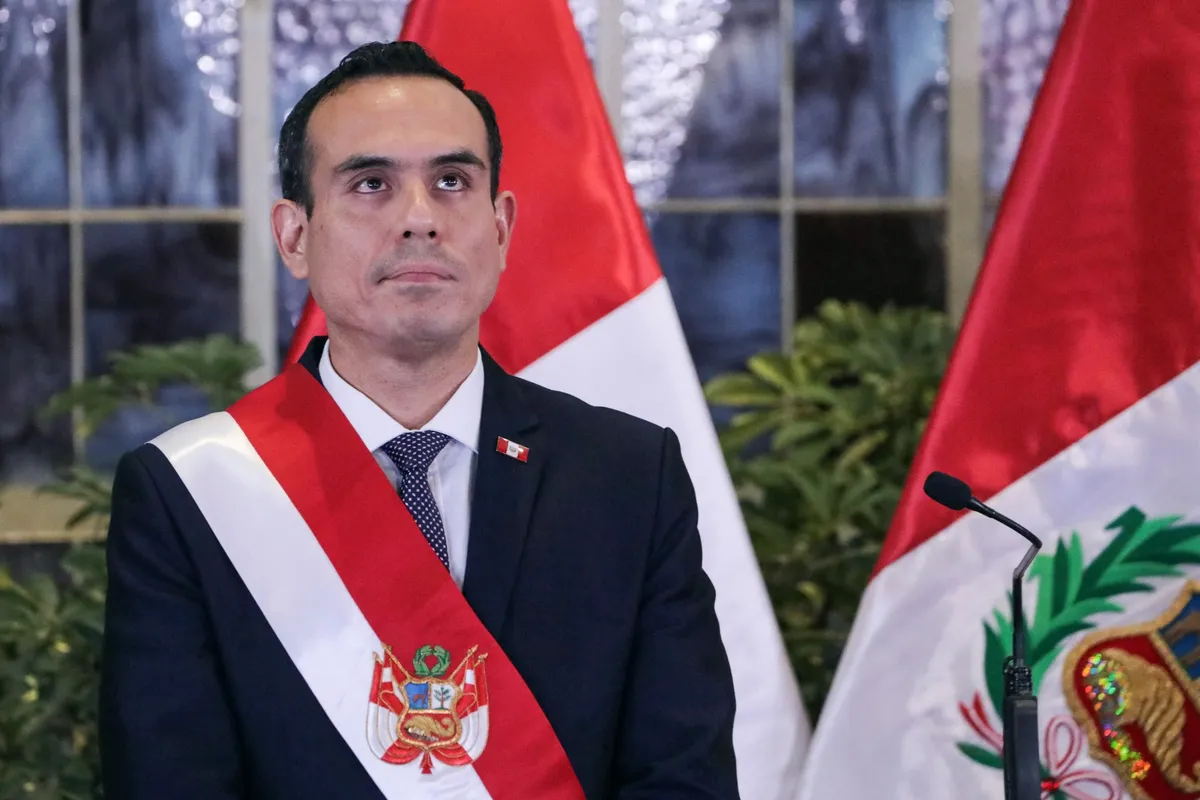
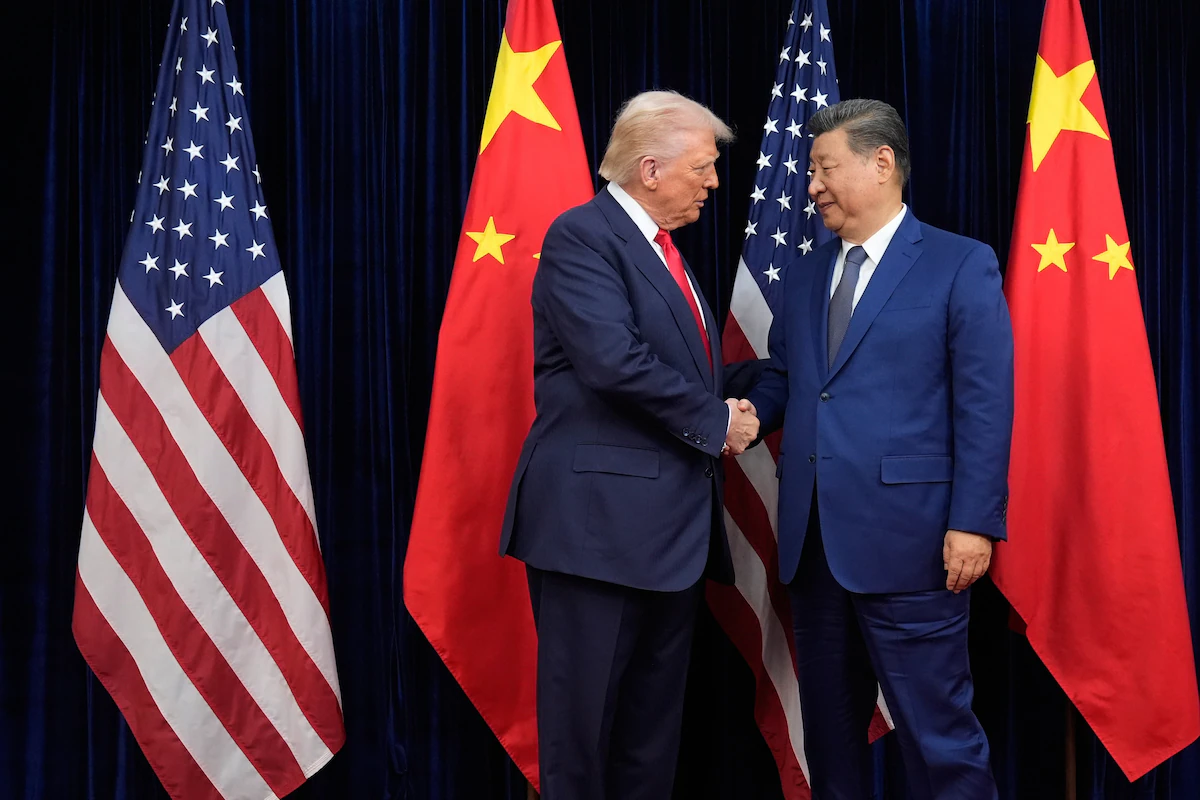
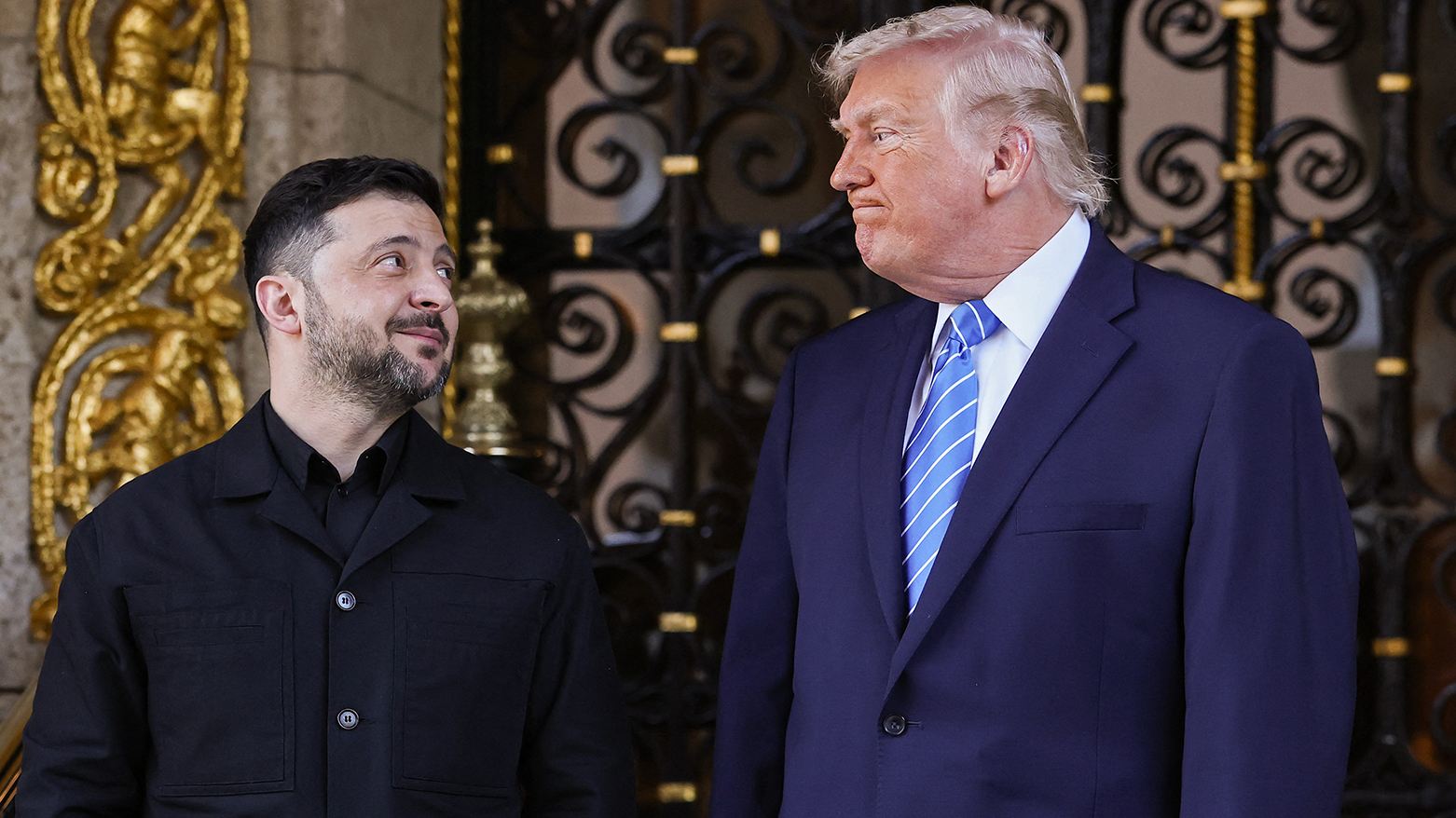
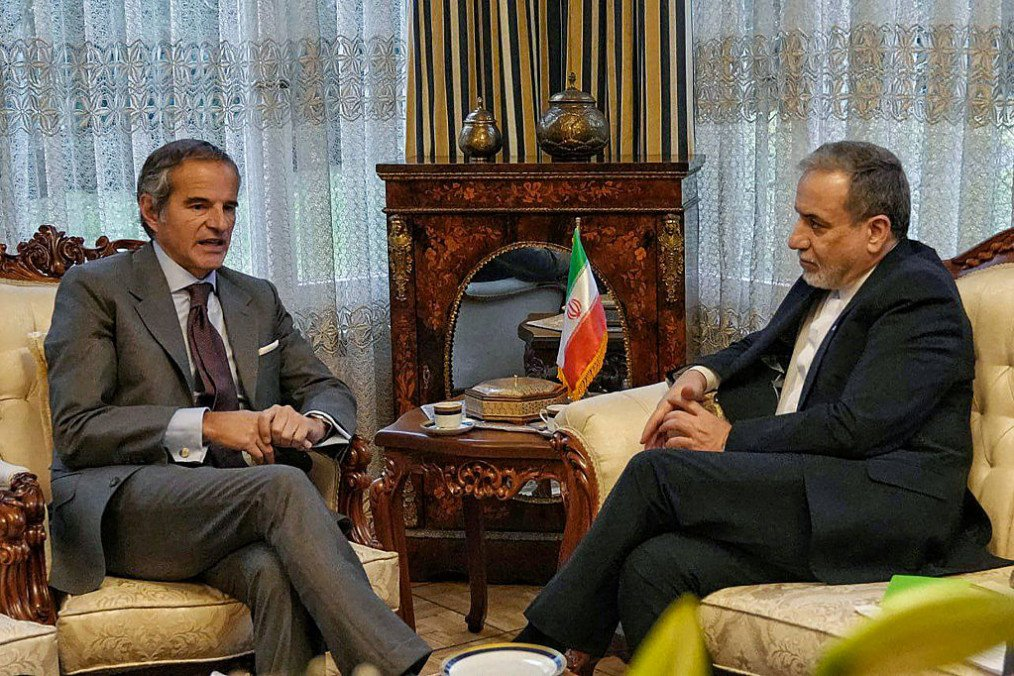
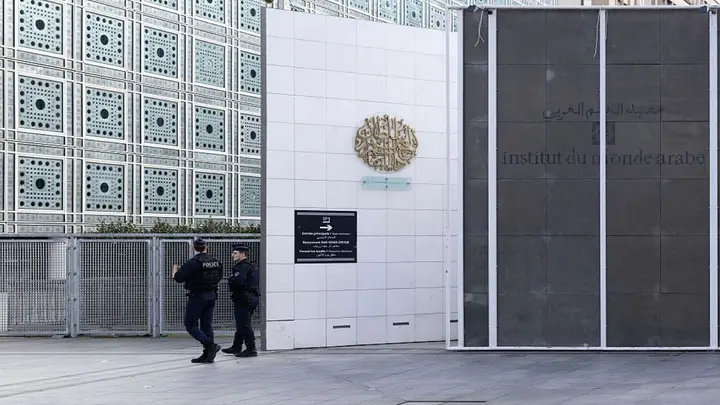
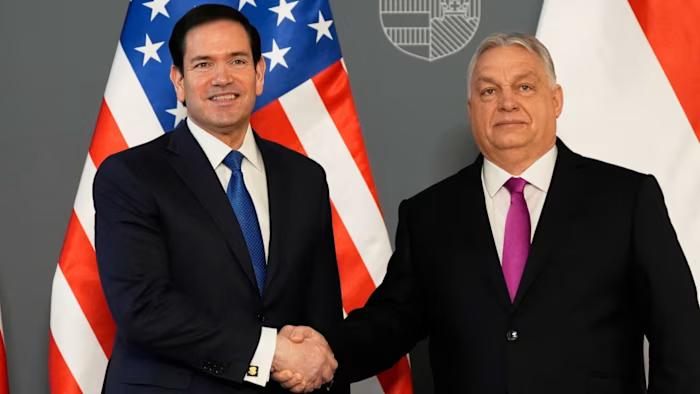

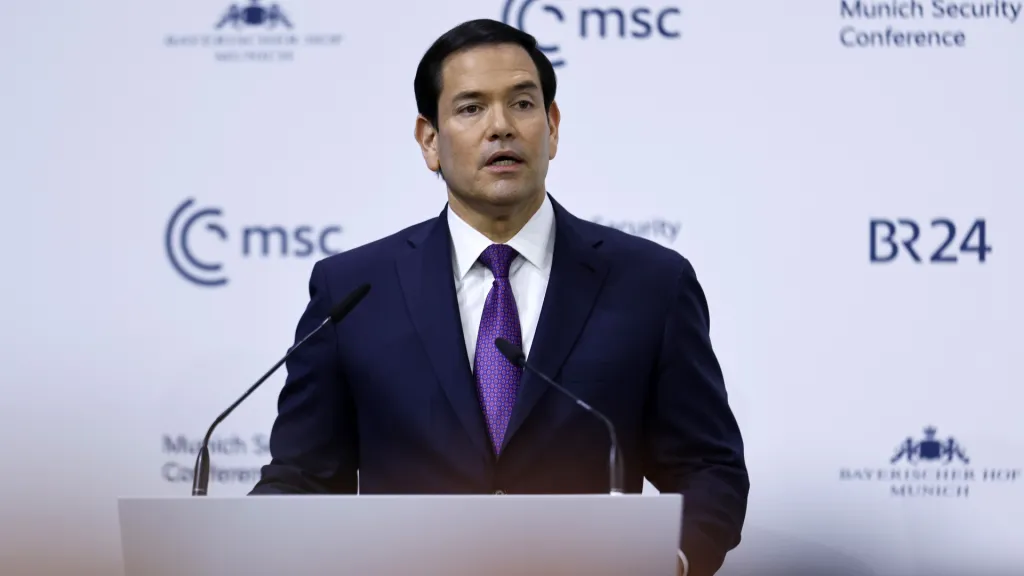
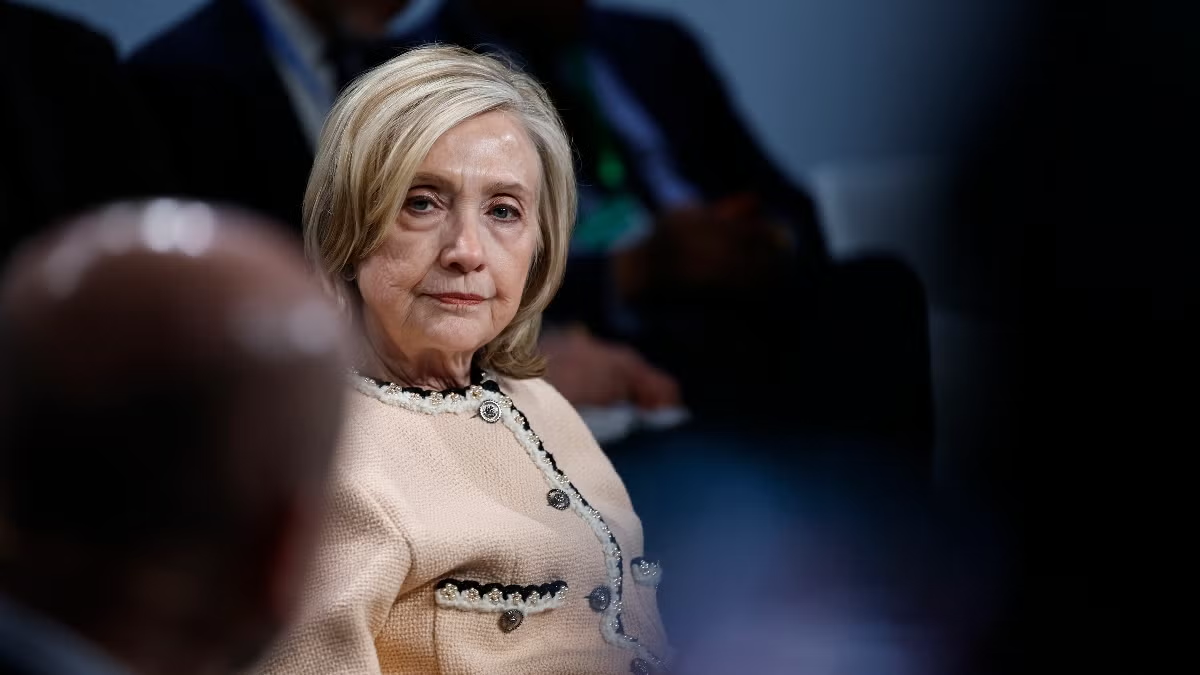

Discussion